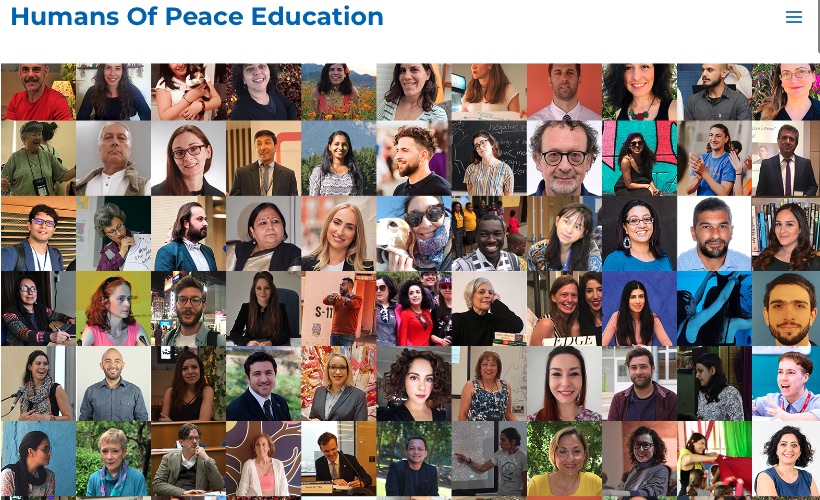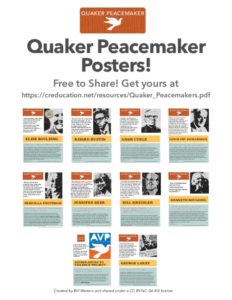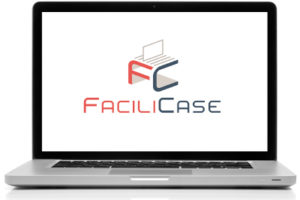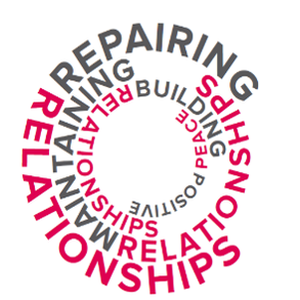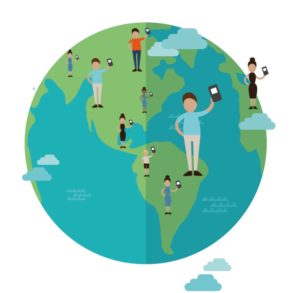The Young Community Mediators project, based in the U.K., has prepared a training curriculum for working with youth to build their mediation skills. The materials are available for online viewing or download via the Young Community Mediators Classroom Course page.
As explained on the program’s website, the course is designed for those involved in non-profit youth organisations, Vocational Education & Training and Higher Education Institutes and policy makers. It seeks to equip young people with the knowledge & skills to become peer to peer mediators by developing a training course to train young people aged 16-30 in social mediation skills.
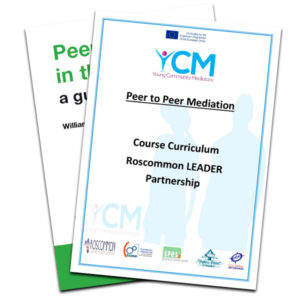
Rather than viewing mediation as a means of conflict resolution, the course is designed to build young people’s knowledge and skills so that all young people benefit from the numerous ways it can be employed to further their goals.
The course looks at the importance of developing young people’s innovation and enterprise skills, finding new ways to integrate high quality peer mediation into existing youth services and structures by training young people.
The materials are designed for various uses. The course can be delivered as a complete curriculum or parts of it might be integrated to supplement other courses. All materials are provided as open source and each section of this course offers a variety of additional online materials such as case studies and activities about the topic.
As some learners might want to learn the content (or just parts of it) individually, all modules and additional learning resources are provided online.
The target audience can also use the course on their own for professional development. Information about how we suggest the materials can be used are provided at the beginning of each tutors workbook for each module.
The course can be used in a classroom environment as well as a self-contained distance learning course.
Topics Covered:
The syllabus of the Young Community Mediators classroom course is divided into five different modules, each of them focusing on different aspects of entrepreneurship skills:
- Module 1: Introduction and Welcome
- Module 2: Understanding Conflict
- Module 3: Introduction to Peer Mediation, Listening Skills and Negotiation
- Module 4: Peer Mediation Event
- Module 5: Teamwork: The Decision- Making Process and Neutrality
http://youngcommunitymediators.how/classroom-course/

